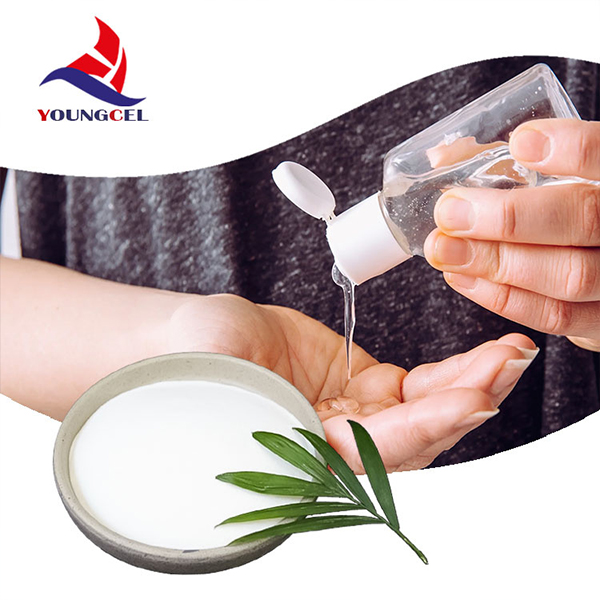Redispersible Emulsion Polymer Powder (RDP) for Mortar Tile Adhesive Enhancing Performance and Durability
In the construction industry, the demand for high-quality tile adhesive has witnessed significant growth due to the increasing popularity of tiled surfaces in both residential and commercial applications. One of the key components driving this trend is the incorporation of Redispersible Emulsion Polymer Powder (RDP) into mortar formulations. RDP plays a crucial role in enhancing the performance characteristics of tile adhesives, offering greater flexibility, adhesion, and overall durability.
RDP is a type of powdered polymer that is derived from emulsions. These emulsions consist of small polymer particles suspended in water, which when dried, form a powder that can be easily mixed with other dry ingredients in a mortar formulation. The primary advantage of using RDP in mortar tile adhesive is its ability to improve the adhesion properties between the tile and the substrate. When water is added to the powder during mixing, the polymer particles redispersed into the mixture, forming a film that provides a strong bond once cured.
One of the most significant benefits of RDP is its ability to enhance the flexibility of tile adhesives. Traditional cement-based adhesives can often become brittle, leading to cracking or delamination, particularly in environments subject to temperature fluctuations and substrate movement. The addition of RDP imparts improved elasticity, allowing the adhesive to accommodate the thermal expansion and contraction of both the tile and the substrate. This characteristic is particularly beneficial for areas exposed to moisture or temperature extremes, such as bathrooms, kitchens, and outdoor settings.
Moreover, the integration of RDP in tile adhesives contributes to their workability. The polymer enables a smoother consistency, making it easier for applicators to spread the adhesive and adjust tile placement. This ease of application not only saves time during installation but also reduces labor costs, creating a more efficient workflow on site. Enhanced workability also means that installers can achieve a stronger, more uniform bond, reducing the risk of adhesive failure in the long term.
redispersible emulsion polymer powder rdp for mortar tile adhesive

In addition to flexibility and workability, RDP also improves the water resistance of tile adhesives. This property is vital in ensuring that the bond remains intact in moist environments, where traditional adhesive methods may fail. The hydrophobic nature of the polymer film formed upon curing ensures that water does not compromise the integrity of the bond, which is essential for the longevity of tiled surfaces.
Furthermore, RDP contributes to the overall durability of tile adhesives. The strength and resilience imparted by incorporating polymer powders allow the adhesive to withstand mechanical stresses, impacts, and foot traffic. This durability translates not only into longer-lasting installations but also into lower maintenance costs over time.
Sustainability is another important aspect of RDP use in tile adhesives. As the construction industry moves towards eco-friendly practices, RDP solutions often utilize raw materials that minimize environmental impact while maintaining superior performance. This aligns with the growing demand for sustainable construction materials, making RDP an attractive option for manufacturers and builders alike.
In conclusion, Redispersible Emulsion Polymer Powder (RDP) is a pivotal ingredient in modern mortar tile adhesives, significantly improving their performance attributes. Its effects on flexibility, workability, water resistance, and durability make it an essential component in high-quality tile installations. As the construction sector continues to evolve, the integration of innovative materials like RDP will likely play a crucial role in meeting the demands of both builders and consumers for durable, reliable, and efficient construction solutions.
-
The Versatility of Industrial Additives: Mhec, Hpmc, And Wall Putty SolutionsNewsMar.28,2025
-
The Importance of HPMC in Modern IndustriesNewsMar.28,2025
-
Partnering with Reliable Manufacturers for Optimal ResultsNewsMar.28,2025
-
Enhancing Construction Performance with Redispersible Polymer PowdersNewsMar.28,2025
-
Enhancing Construction and Household Products with Advanced AdditivesNewsMar.28,2025
-
Building Strong Foundations with Key Construction MaterialsNewsMar.28,2025






